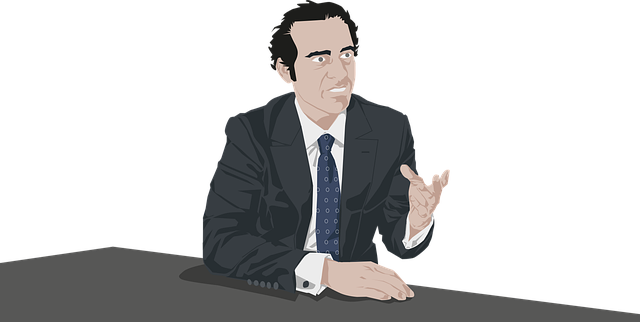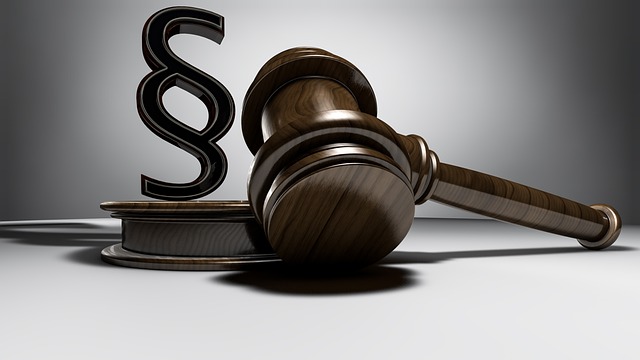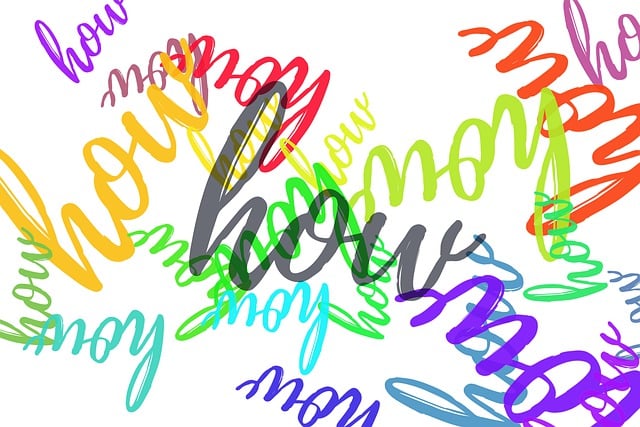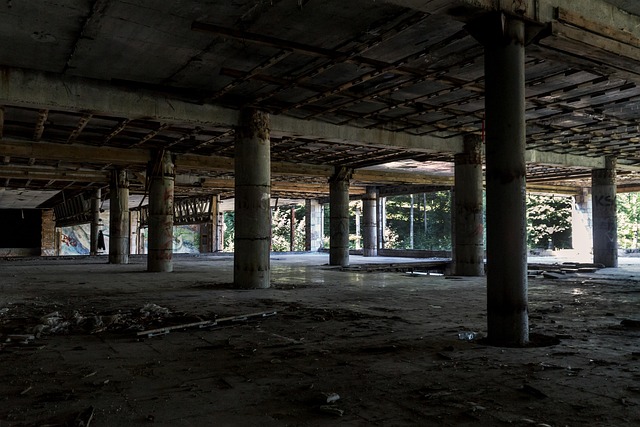Medical records, witness testimonies, and photographic evidence are vital personal injury evidence. These components establish physical and mental trauma, event sequences, responsibility, and damages, strengthening claims for compensation. Key types of proof include medical history, treatment details, subjective/objective testimonials, and visual documentation of injuries and scenes. Orlando, Miami, and Boca Raton lawyers strategically use these to build compelling cases.
In personal injury cases, presenting compelling evidence is key to winning compensation. This article explores three crucial types of personal injury evidence that can strengthen your claim: medical records and reports detailing treatment and impact; witness testimonies offering subjective experiences and objective observations; and photographic evidence capturing injuries and scene details. Understanding how to leverage these pieces will enhance your case’s credibility and increase the likelihood of a favorable outcome.
- Medical Records and Reports: Documenting Treatment and Impact
- Witness Testimonies: Subjective Experiences and Objective Observations
- Photographic Evidence: Capturing Injuries and Scene Details
Medical Records and Reports: Documenting Treatment and Impact
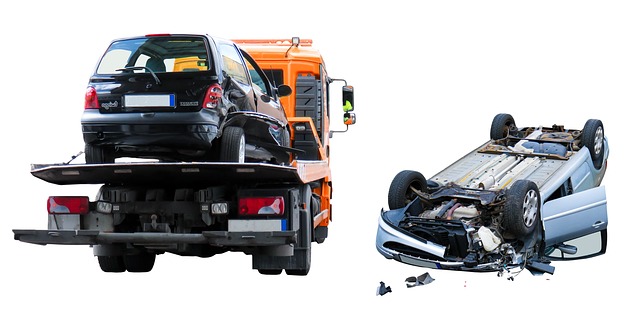
Medical records and reports are invaluable pieces of evidence in personal injury cases, especially when it comes to proving the extent of an individual’s injuries and the impact they have had on their life. These documents offer a detailed account of a plaintiff’s medical history, treatment, diagnoses, and prognosis. They provide concrete evidence of the physical and mental trauma suffered, enabling attorneys to construct a compelling case.
For instance, in cases of caregiver negligence or wrongful death claims, medical records can highlight the initial state of health, subsequent deterioration, and any long-term effects. Miami personal injury lawyers can use these reports to challenge or support their client’s version of events, ensuring that the jury understands the severity and permanence of the injuries sustained.
Witness Testimonies: Subjective Experiences and Objective Observations
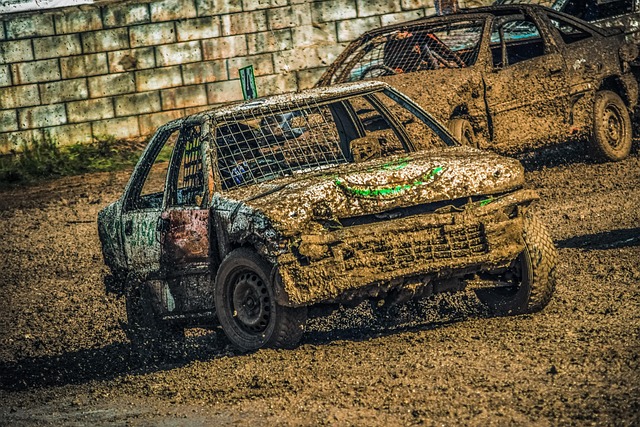
In personal injury cases, witness testimonies are a crucial form of evidence that can significantly sway the outcome. These accounts provide firsthand insights into the events leading up to and during the accident, offering both subjective experiences and objective observations. Subjective elements include witnesses’ feelings, perceptions, and interpretations of what they saw or heard, which can humanize the incident and help jurors connect with the narrative. Objective observations, on the other hand, are factual details such as descriptions of physical surroundings, behaviors observed in those involved, and precise timelines—all of which build a clearer picture of what transpired.
A personal injury attorney Boca Raton FL, for instance, would emphasize these distinctions when representing clients. They might call upon witnesses who can corroborate the sequence of events, pinpoint responsibility, and calculate damages. For example, in a car accident lawyer Miami case, a witness might describe the reckless driving behavior leading up to the crash while another provides detailed measurements of skid marks or vehicle damage—all contributing as personal injury evidence to strengthen the claim. Similarly, an Orlando personal injury lawyer would leverage such testimony to secure just compensation for their client’s injuries and losses.
Photographic Evidence: Capturing Injuries and Scene Details
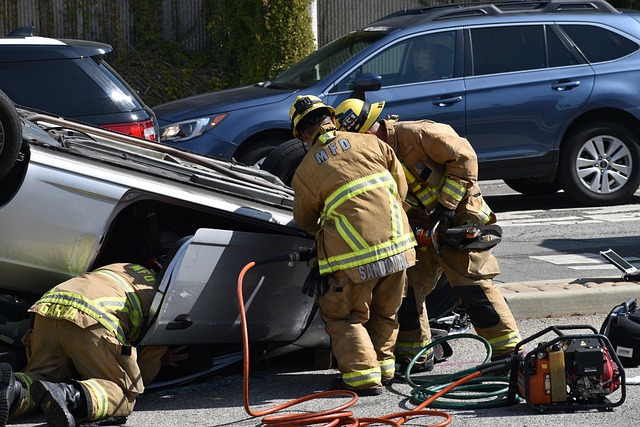
Photographic evidence plays a pivotal role in personal injury cases as it provides tangible records of the injuries sustained and the scene surrounding an incident. Orlando accident lawyers often rely on high-quality, clear images to build compelling narratives for their clients, especially in situations like wrongful death settlements or caregiver abuse cases. These photographs capture critical details that can corroborate the victim’s account and strengthen the legal argument.
When documenting the scene, images should include a wide angle of the location, close-ups of visible injuries, and any relevant objects or conditions that contributed to the accident. For instance, in a car crash, photos might show damage to vehicles, skid marks on the road, or even the victim’s physical injuries, such as bruises or broken bones. This visual evidence is invaluable for reconstructing events and demonstrating the extent of harm suffered, aiding legal professionals in securing just compensation for their clients.
In navigating personal injury cases, a comprehensive understanding of various evidence types is essential for winning outcomes. Medical records and reports provide concrete documentation of treatment and impact, while witness testimonies offer subjective experiences and objective observations that enrich the narrative. Photographic evidence serves as a powerful tool for capturing injuries and scene details, providing tangible proof that can significantly strengthen a case. By leveraging these forms of personal injury evidence effectively, legal professionals can ensure robust representations and enhance their chances of success.
